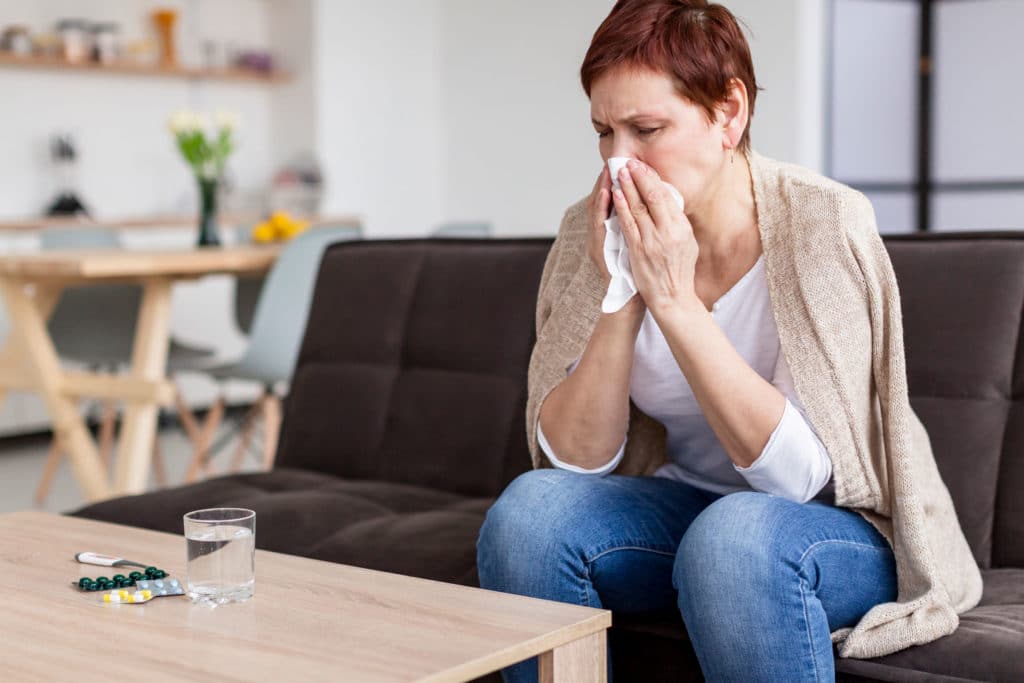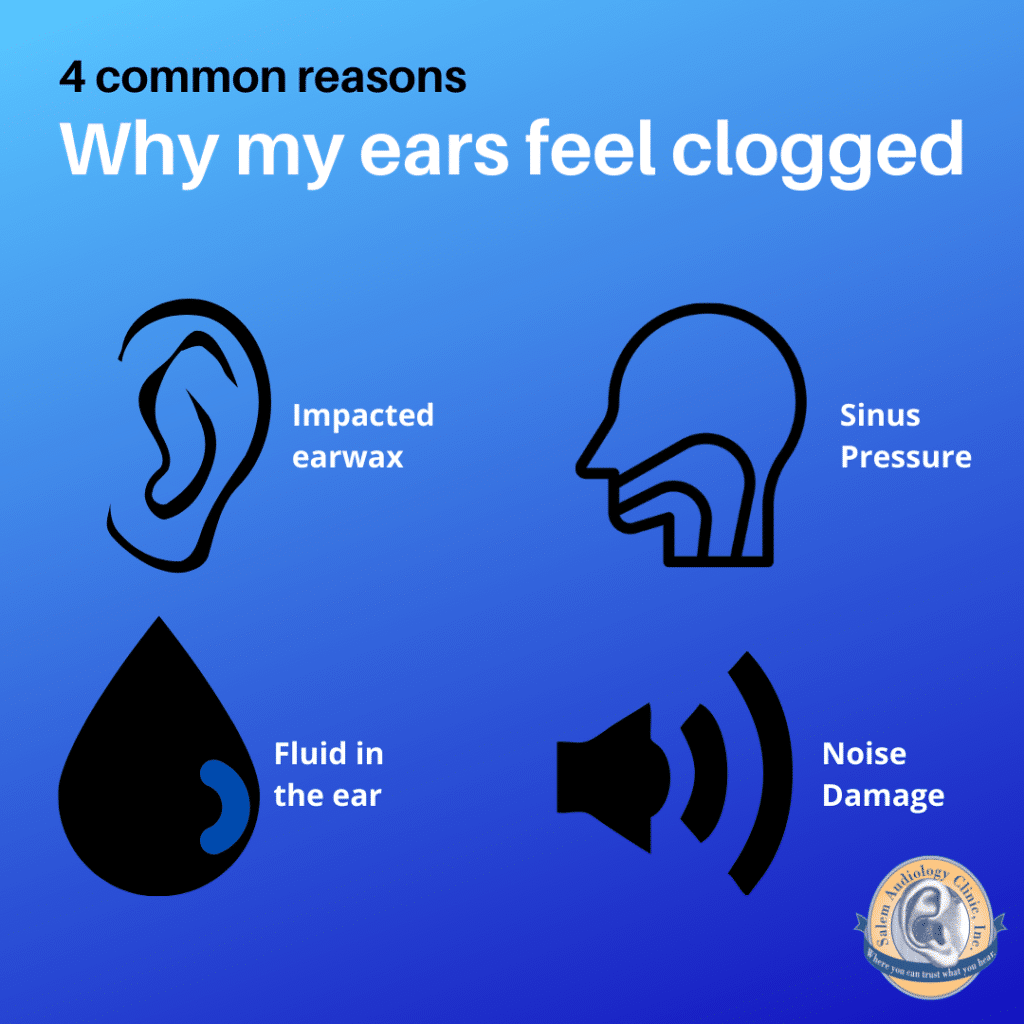
Spring is here, although the weather and temperature might suggest otherwise. Spring brings us many joys, the warm weather, bright, beautiful blooming trees, and flowers. And of course, in Oregon, it means more rain, temperature swings, and seasonal allergies. All of which can cause issues with your ears and hearing.
Barometric Pressure:
The inner ear is filled with fluid, remarkably sensitive to the immediate changes in barometric pressure that happens in springtime. When the barometric pressure drops quickly, that means the pressure outside your ears goes down before the pressure inside your ears can adjust. This results in a pressure imbalance, which can cause a feeling of fullness or “popping” in the ears. Seasonal allergies can create an even bigger problem by causing a reduction of the Eustachian tube, making equalization of pressure more difficult.
Those specifically with Meniere’s disease can suffer considerably through spring weather changes. Usually, fluids in the inner ear circulate; difficulties occur when the overproduction of fluid defines Meniere’s disease backs up under the increased pressure and creates the endolymphatic chambers to swell. The result is discomfort, fullness, and pressure, along with the potential of other unpleasant symptoms such as hearing loss, tinnitus, and vertigo.

Allergies and Stuffy Ears:
Allergies are an undesired part of spring. Though most think of allergy symptoms such as sneezing and sinus pressure, it is important to understand that the ears and sinuses are interconnected.
The Asthma and Allergy Foundation found seasonal allergies affect between 10 and 30 percent of adults in the U.S. and as many as 40 percent of children, which means as many as 60 million people in the U.S. suffer from not only sneezing, itchy eyes, itchy ears, and sinus pressure but ear pressure as well. The warm, wet weather of spring causes trees to produce more pollen.
For those who are allergic, the immune system reacts by creating antibodies. Those antibodies release a substance called histamine, which increases mucus production. Sadly, allergies also cause swelling of the Eustachian tubes, meaning they don’t open as they should. This will cause the Eustachian tubes to become clogged with the excess fluid and wax. The result is a feeling of pressure in the ears that can negatively affect hearing.

There can be several reasons for clogged ears; this time of year, it can likely be allergy-related. Over-the-counter antihistamines or decongestants can provide fluid relief caused by allergies. Other remedies that can help reduce fluid include exercising, eating a low-sodium diet will offer fluid-reducing health benefits.
Because ongoing pressure in the middle ear can result in permanent hearing loss, see a hearing care professional or Otolaryngologist (ENT) to make sure the problem isn’t something more severe.
Allergies and Hearing Aids:
In addition to causing distress, allergens can also plug the microphone ports in your hearing aids, affecting your hearing aids function. You can easily replace the covers of microphone ports. Of course, regular cleaning of your hearing aids is always desirable, exceptionally during allergy season.
Some people tend to encounter an allergic reaction to their hearing aids. If this happens, it’s essential to talk to your hearing care professional. The response could be caused by wax build-up, poor fit, dry skin, moisture in the ear, or an allergy to the material of the earmold. Many hearing aid companies have alternatives for people with sensitive ears, such as hypoallergenic shell materials or coatings that provide relief.
The excess fluid build-up results from allergies, barometric pressure changes, or inner ear conditions that can create a feeling of fullness or pressure and cause conductive hearing loss as a consequence of sound being blocked from traveling to the cochlea. Another danger of extreme fluid build-up when the Eustachian tubes aren’t functioning correctly is ear infections; the increased fluid provides an ideal environment for bacteria to grow.

When to seek help
Suppose you’re experiencing other allergy symptoms such as itchy eyes and a stuffy nose. In that case, over-the-counter medication may help your ears as well. Antihistamines can decrease the inflammation brought on by the allergy, although decongestants will help with a clogged nose and ears. Because ear pressure can be a sign of multiple other problems, it’s advisable to see a doctor if the pressure doesn’t go away or becomes painful. Continued pressure can lead to hearing loss.
Suppose your allergy symptoms involve ringing in the ears (tinnitus) or vertigo (dizziness). In that case, a visit to a hearing care professional is in order.
If your hearing loss persists beyond your other allergy symptoms or you experience ear pain, see your hearing care professional to ensure your condition doesn’t require long-term treatment.
Call Salem Audiology Clinic at (971) 701 – 6322 today and schedule your consultation with one of our highly trained audiologists!
